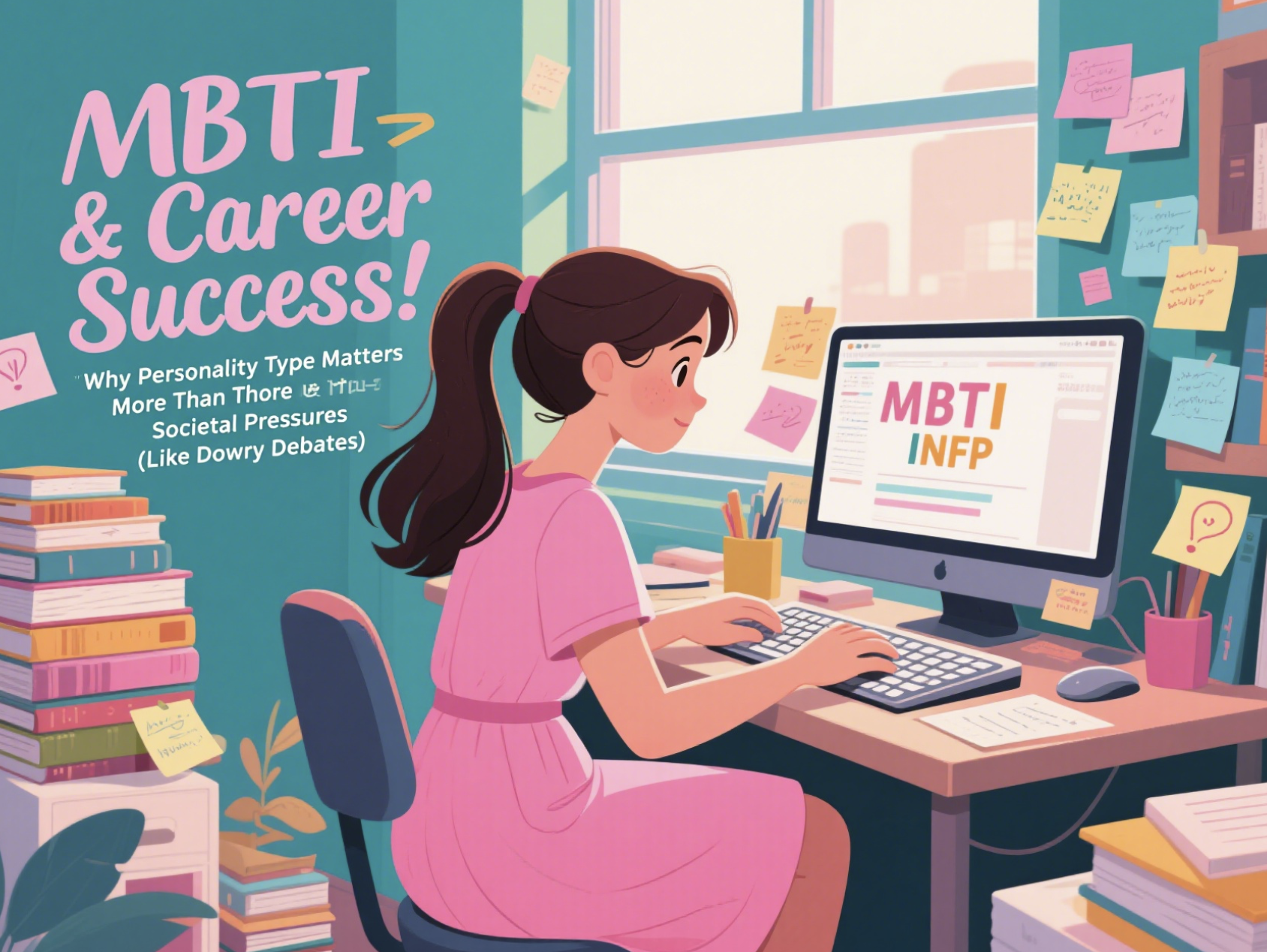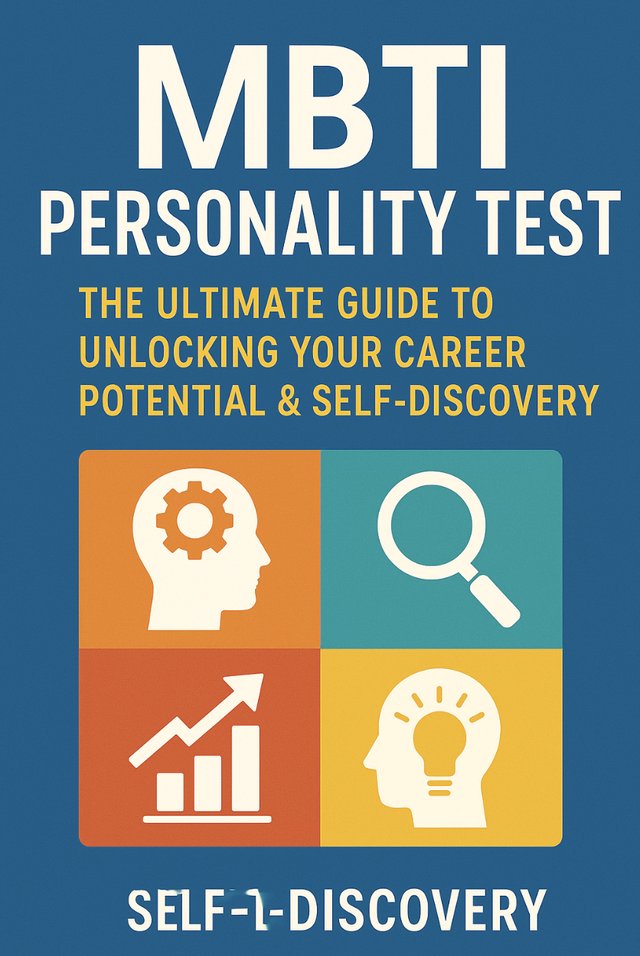MBTI & Career Success: Why Personality Type Matters More Than Societal Pressures (Like Dowry Debates)

The Intersection of Personality and Societal Expectations
In today’s complex social landscape, individuals often face immense pressure to conform to traditional norms—whether in relationships, career paths, or financial customs like dowries. While debates around such practices (e.g., China’s dowry controversies) highlight systemic issues, they also reveal a deeper psychological struggle: the conflict between societal expectations and individual authenticity.
As an MBTI and career development platform, ProMbti emphasizes that self-awareness—rooted in understanding your personality type—is the key to navigating these pressures. Just as societal customs like dowries can feel oppressive, so can career paths imposed by family or culture. Here’s how your MBTI type can help you reclaim agency.
Why Personality Type Matters
The MBTI framework categorizes individuals into 16 personality types based on cognitive preferences (e.g., Introversion/Extraversion, Thinking/Feeling). These traits influence how we process decisions, handle conflict, and assert boundaries—critical skills when resisting outdated norms.
- Assertive Types (ENTJ, ESTJ): Often challenge traditions head-on. Their natural leadership can inspire systemic change but may clash with conservative environments.
- Idealist Types (INFP, ENFJ): Struggle when values conflict with societal demands. They may silently resent conformity (e.g., dowries) but avoid confrontation.
- Pragmatic Types (ISTP, ESTP): Prioritize practicality. They might comply with norms temporarily but seek loopholes for independence.
Recognizing these tendencies helps individuals strategize their resistance. For example, an INFP pressured into a high-paying corporate job (or a dowry-driven marriage) will face inner turmoil unless they align their choices with their core values.
—
The Dowry Debate: A Case Study in Social Pressure
The original article critiques China’s dowry culture, arguing that collective male resistance could dismantle the practice. However, it overlooks the psychological barriers—fear of rejection, familial shame, or the “传宗接代” (continuing the lineage) imperative—that keep individuals trapped.
This mirrors career dilemmas. Many pursue “safe” jobs due to parental pressure, sacrificing passion for stability. Just as dowry opponents face backlash for “rocking the boat,” professionals who deviate from traditional paths risk criticism.
Solution: Leverage MBTI insights to:
- Identify Your Non-Negotiables (e.g., an INTJ’s need for autonomy).
- Develop Coping Strategies (e.g., an ISFJ practicing assertive communication).
- Find Supportive Communities (e.g., ENFPs thriving in creative industries).
—
Breaking Free: A Step-by-Step Approach
- Self-Assessment: Use MBTI tools to clarify your strengths and values. For example, a Thinker (T) may logically reject dowries, while a Feeler (F) might prioritize harmony but resent the cost.
- Scenario Planning: Anticipate pushback. An ENTJ could frame dowry refusal as a stand for gender equality; an ISFP might appeal to emotional narratives.
- Skill Building: Enhance traits like assertiveness (for Introverts) or empathy (for Thinkers) to navigate conflicts.
Case Study: A male ESTP in China used his persuasive skills to rally peers against dowries, framing it as a financial burden rather than a moral issue—appealing to their pragmatic side.
—
Why People Resist Change (And How to Respond)
The original article notes that critics often attack reformers (“峰哥”) to avoid confronting their own compliance. This deflection is rooted in cognitive dissonance—a psychological discomfort when actions contradict beliefs.
In career contexts, this manifests as:
- Defending Unfulfilling Jobs: “I hate this career, but it’s secure.”
- Shaming Non-Conformists: “You’re irresponsible for pursuing art.”
Counterstrategies:
- For Feelers: Highlight shared values (e.g., “Shouldn’t marriage be about love, not money?”).
- For Thinkers: Present data (e.g., dowries correlate with higher divorce rates).
—
Conclusion: Empowerment Through Self-Knowledge
Whether rejecting dowries or unfulfilling careers, the root issue is autonomy. MBTI equips you to:
- Understand why you feel trapped.
- Strategize how to assert your needs.
- Connect with like-minded individuals for solidarity.
Societal change starts with individuals who refuse to equate tradition with obligation. As you explore your MBTI type, ask: “Am I living my truth—or someone else’s?”




